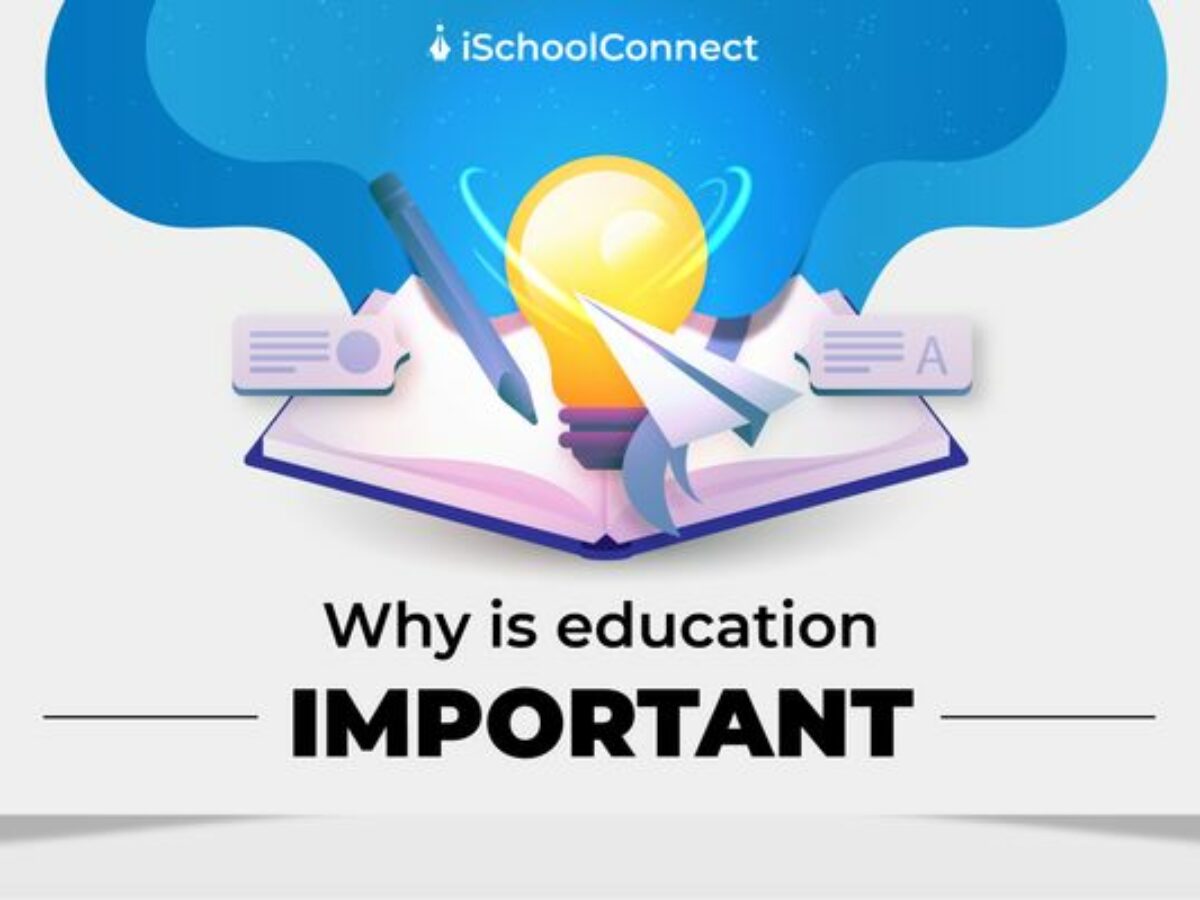
Introduction to the Importance of Education in Country Development

Education is often heralded as the backbone of any thriving nation. It shapes individuals, influences communities, and drives countries toward progress. In an era where knowledge is power, the significance of a robust educational system cannot be overstated.
As nations grapple with challenges ranging from economic instability to social inequality, education emerges as a pivotal force for development. The link between education and country advancement is undeniable—it fuels innovation, enhances workforce skills, and fosters civic engagement among citizens.
But what does this really mean? How does education transform not just individual lives but entire nations? Let’s dive into these questions and explore the profound impact that education has on country development.
The Impact of Education on Economic Growth
Education plays a pivotal role in driving economic growth. A well-educated workforce boosts productivity, leading to higher outputs across various sectors. Skilled workers innovate, adapt quickly to new technologies, and contribute significantly to their industries.
Moreover, education fosters entrepreneurship. Individuals with strong educational backgrounds are more likely to start businesses that create jobs and stimulate the economy. This entrepreneurial spirit can lead to the development of new markets and services.
Investment in education also attracts foreign direct investment (FDI). Companies look for countries with a skilled labor pool as it reduces training costs and enhances operational efficiency.
Additionally, educated citizens tend to earn higher incomes. This increased earning potential translates into greater consumer spending, further stimulating economic activity within communities. As education levels rise within a country, so does its overall economic prosperity.
Education and Social Development
Education is a powerful catalyst for social development. It fosters critical thinking and creativity among individuals, allowing them to engage actively in their communities.
When people are educated, they are more likely to participate in civic activities. This participation strengthens democratic processes and encourages accountability within governance systems.
Moreover, education promotes equality. It breaks the cycle of poverty by providing opportunities for marginalized groups. Empowering women through education leads to healthier families and improved economic stability.
In culturally diverse societies, educational programs can bridge gaps between different ethnic groups. Understanding one another’s perspectives nurtures tolerance and cooperation.
An educated population enhances cultural richness while promoting social cohesion. The benefits ripple through generations, creating a brighter future for all citizens as they work together toward common goals.
Improving Education Systems in Developing Countries

Improving education systems in developing countries requires innovative approaches tailored to local needs. Access to quality resources plays a crucial role. Schools often lack essential materials like textbooks and technology, hindering effective learning.
Training teachers is equally vital. Educators need support, training, and ongoing professional development to inspire students. Empowering them with modern teaching methods can significantly enhance classroom experiences.
Community involvement can also drive change. Engaging parents and local leaders ensures that educational initiatives reflect the community’s aspirations. This creates a sense of ownership over schools.
Moreover, leveraging digital platforms offers vast opportunities for remote learning and skills development. With internet access expanding globally, online courses can bridge gaps in traditional education systems.
Prioritizing inclusive education will ensure that marginalized groups receive equal opportunities. Addressing barriers faced by girls or children with disabilities is essential for fostering an equitable society where every child thrives.
Government Initiatives and Policies for Education
Governments play a pivotal role in shaping educational landscapes. Through various initiatives, they aim to enhance access and quality of education for all citizens.
Policies such as free primary education have made significant strides in increasing enrollment rates. Many countries are committing resources to ensure every child has the opportunity to learn.
Investment in teacher training programs is another crucial area. Well-prepared educators can inspire students and elevate learning outcomes significantly.
Technological integration into classrooms also forms part of modern government strategies. Providing digital tools fosters an engaging environment that resonates with today’s youth.
Furthermore, targeted scholarships and funding for underprivileged communities help bridge gaps in educational equity. These measures empower marginalized groups, ensuring no one is left behind on the path to progress.
Collaborative efforts between governments and international organizations further amplify these initiatives, creating robust frameworks for sustainable development through education.
Challenges Faced in Promoting Education for Country Development

Promoting education as a cornerstone for country development is fraught with challenges. One significant hurdle is the lack of funding. Many governments struggle to allocate sufficient resources, resulting in overcrowded classrooms and inadequate teaching materials.
Another issue is accessibility. In rural areas, schools may be few and far between, making it difficult for children to attend regularly. Transportation barriers further complicate this problem.
Cultural attitudes also play a role. In some communities, traditional norms prioritize other responsibilities over formal education, especially for girls.
Political instability can disrupt educational initiatives entirely. Frequent changes in leadership can lead to inconsistent policies that hinder progress toward a well-educated populace. Each challenge must be addressed thoughtfully to pave the way for sustainable development through education.
Conclusion: The Role of Education in Shaping the Future of a Nation
Education stands as the cornerstone of development in any country. It shapes individuals, communities, and nations. A well-educated populace drives innovation, enhances productivity, and fosters economic stability.
Moreover, education promotes social equity. When everyone has access to quality learning opportunities, society benefits as a whole. This leads to reduced poverty levels and improved health outcomes. In essence, educated individuals contribute positively to their communities.
Governments play a crucial role in this process by implementing effective policies that prioritize education funding and accessibility. Yet challenges remain significant. From inadequate infrastructure to cultural barriers hindering access for certain groups—these issues must be addressed for true progress.
As countries strive toward development goals, investing in education becomes non-negotiable. The future of nations will depend on how effectively they nurture talent through comprehensive educational systems that empower all citizens.
The path forward lies in recognizing education not merely as a service but as an essential tool for growth and prosperity—a catalyst that can transform lives and shape the collective destiny of nations worldwide.






Leave a Reply